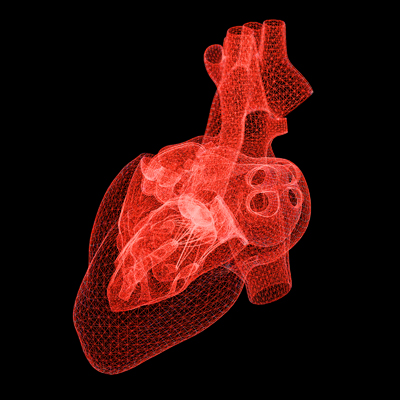Our top four picks from the leading medical journals
Here are our top four picks from the leading medical journals:

Better to quit completely
Cigarette smokers will need to quit their habit completely, rather than just cut down their consumption, if they want to reduce the risk of cardiovascular disease, a review of published studies shows.
UK researchers found that compared to never smoking, having one cigarette a day only reduced the risk of associated cardiovascular disease by 40 to 50% compared with those who smoke 20 cigarettes a day.
The systematic review and meta-analysis looked at data from 141 studies to calculate the risk of coronary heart disease and stroke for those who smoke one, five and 20 cigarettes a day, compared with non-smokers.
“Any assumption that smoking less protects against heart disease or stroke has been dispelled,” the study authors said.

We’re still far too salty
Daily salt consumption by Australians aged over 26 years is still as much as twice the recommended intake, a systematic review and meta-analysis, has found.
Researchers at the George Institute for Global Health said that after adjusting for non-urinary salt excretion, the best estimate of salt intake in Australia was an average 9.6 grams per day, compared with the recommended maximum intake of 5 grams.
Using either 24-hour urine collection or dietary questionnaires, and involving more than 16,000 participants, the analysis found that for males the intake was 10.1 grams a day, compared with 7.34 grams for women. The authors said that despite public education programs, the average rate of salt consumption in Australia did not appear to be declining.

Migraine clue for CVD
Migraine should be considered a “potent and persistent” risk factor for most cardiovascular diseases, according to authors of a half a million-person study.
The Danish population study found that migraine was tied to ischaemic and haemorrhagic stroke and myocardial infarction, venous thromboembolism and atrial fibrillation or atrial flutter. Researchers analysed data from every Danish hospital and hospital outpatient clinic between 1995 and 2013.
Both men and women were affected, but the link was stronger in women and in those who experienced aura. The overall risks were low, but persisted long-term.

Catheter ablation shift
Catheter ablation significantly reduces death from any cause, and hospitalisation for worsening heart failure, compared with medical therapy, a US study shows.
Until now, it had not been clear if catheter ablation prevented death or the progression of heart failure, but the study of 364 patients with heart failure found that ablation decreased the time in AF to around 25%, compared with the 60% patients with medical therapy experienced.
After five years, the ablation group had an 8% increase in left ventricular ejection fraction, compared with no change in the medical therapy group, and two thirds were in sinus rhythm, compared with 22% of those receiving medical therapy.
Ablation was effective both for patients with paroxysmal and persistent atrial fibrillation.


